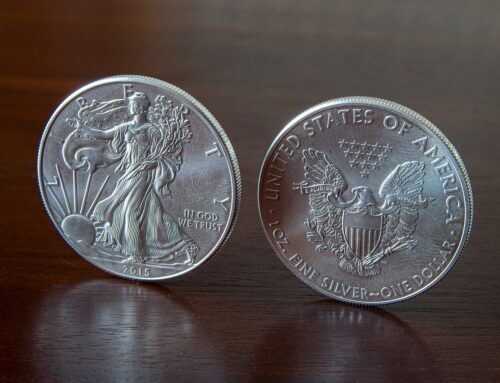Your track record as a fund-manager is not an indication of how well you might have done had you been sufficiently disciplined to properly follow your investment process. Your track record is the result of the decisions that you actually made.
The difference between your actual track record and your possible track record is largely accounted for by the effects of noise. You can close that gap by actively managing noise. This enables you to be more disciplined, to do what you intended to do when you designed your process. Discipline is where possibility gets converted into reality, where design gets converted into alpha.
There are just so many things that you can properly pay attention to, so you’d better choose them carefully – that’s a matter of process-design. And then you need to immunise yourself on an ongoing basis against getting distracted and disrupted by noise – that’s a matter of process-discipline. Discipline is a source of competitive advantage.
If you’re a fundamental bottom-up stock picker, rather than hyperventilating about the release of some macro data or getting seduced into mindless screen-watching, you’d be far better served by reading the fine print in the annual accounts, or doing thorough channel checks, or any number of things that take effort and concentration. Noise makes it harder to summon the effort and sustain the concentration.
You don’t have to be perfectly disciplined for it to be a competitive advantage, but you do need to be better disciplined than the guys across the street. This too is a relative game. And, seriously, the bar is not set that high in the qualitative investment industry. This is very productive territory in which to improve your capacity to generate alpha.
You don’t even need to be particularly brilliant, which may come as a relief. Everyone can get better at discipline, but few qualitative fund managers give it much attention beyond making a big deal of the word discipline in their marketing materials.
The discipline bar is now being set higher in the investment industry by the fast-growing cohort of quantitative fund managers, where dispassionate algorithms do some or all of the work that otherwise would be done by more fallible humans. The algos themselves are not perfect, but discipline is not one of their weak points.
This complicates your life because you still need to be more disciplined than your non-quant human competitors across the street, and you need to close the discipline gap that exists between you and your non-human quant competitors across town.
Both of these are doable when you attend to the root-cause of poor investment discipline. When you actively manage the destructive effects of noise, you develop a psycho-behavioural edge.
- How is discipline incorporated into your investment process?
- How do elevated levels of noise make you prone to ill-discipline?
- How will you identify and manage the most destructive sources of noise?







Leave A Comment